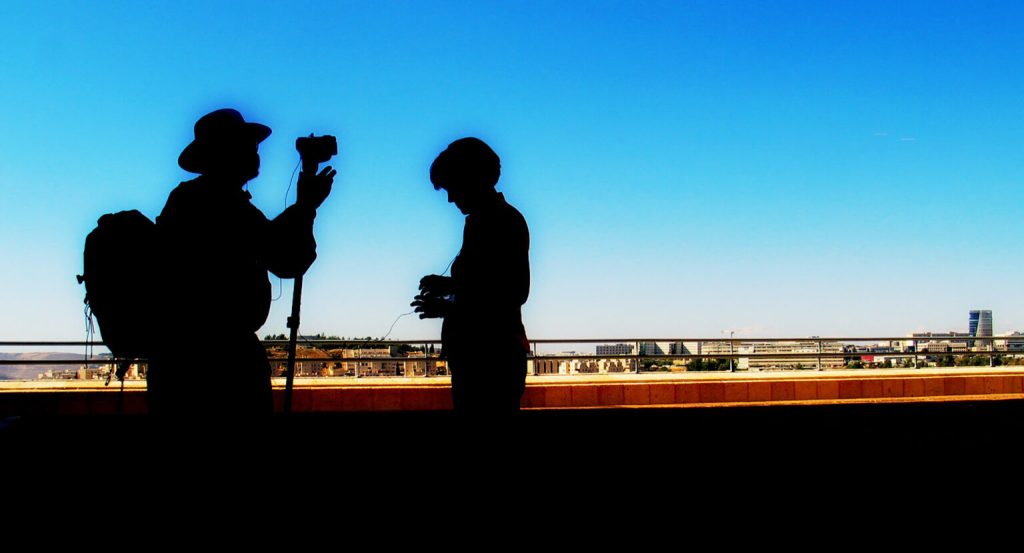
- This event has passed.
Rethinking the Dilemma of Bombing Auschwitz: Support, Opposition, and Reservation
Wednesday, April 7, 2021, 12 – 1:30 p.m.
The deportation of Jews from Hungary to Auschwitz-Birkenau began in May 1944. Since Auschwitz-Birkenau was located within the range of the Allies’ bomber aircraft, demands were being made to bomb the site. But Auschwitz was never destroyed by the allies. The failure to bomb Auschwitz-Birkenau became a symbol of the powerlessness of the free world and of the Jewish leadership to rescue the Jews of Europe.
Based on archival documents related to the work of American Jewish activists involved in the issue of bombing the camp, above all Leon Kubowitzki, who headed the World Jewish Congress’s Rescue Department, Zohar Segev will offer a new understanding of the issue. The archival documents reveal that Jewish and Zionist leadership requested that the U.S. not bomb Auschwitz and instead seek to examine other forms of military action that could be employed against the camp. The findings show us the importance of re-examination and reformulation of our knowledge and understanding regarding the Holocaust in light of new sources.
About the Speaker
Segev is a professor of Jewish history at the University of Haifa and teaches courses on American Jewish history and Zionist history, and he is also the head of the Wolfson Chair in Jewish Religious Thought and Heritage. He is the author of From Ethnic Politicians to National Leaders. American Zionist Leadership, the Holocaust and the Establishment of Israel (2007) and The World Jewish Congress During the Holocaust: Between Activism and Restraint (2014). This year, he is a Fordham-NYPL Research Fellow in Jewish Studies, working on a project titled “Philanthropy, Politics, and the Shaping of a Nation: The Nathan Straus Papers in the NYPL.”
This event is a joint initiative of Fordham University’s Center for Jewish Studies and the New York Public Library and is a part of the Fordham-NYPL Joint Research Fellowship Program in Jewish Studies.


